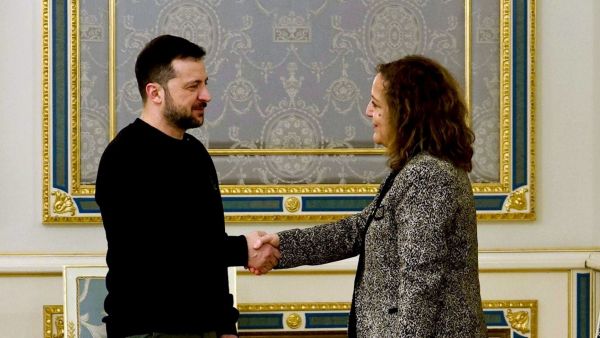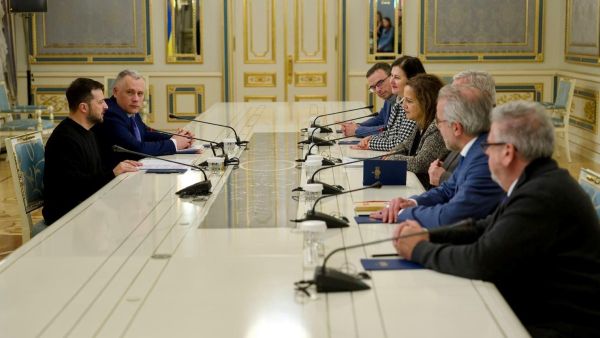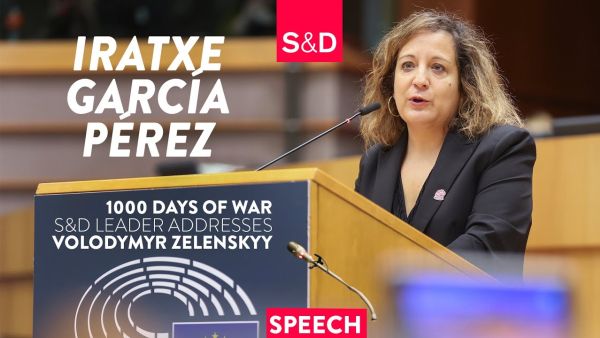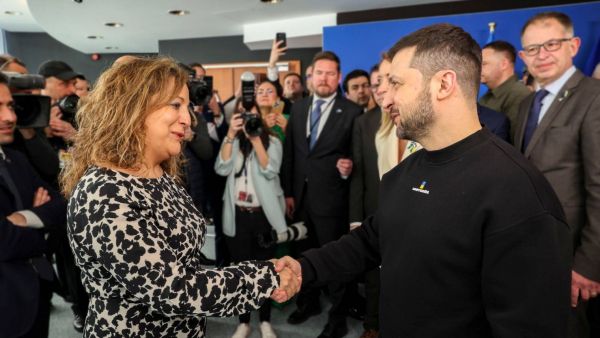Following the eighth meeting of the European Union/ Morocco Joint Parliamentary Committee (JPC) held in Rabat from 17-20 April 2017, Inés Ayala Sender, chair of the European Parliament Delegation for relations with the Maghreb countries, said:
“Morocco is an indispensable ally and a strategic partner to develop cooperation with Africa on the question of migration, and in the fight against and prevention of terrorism and radicalism, not to mention socio-economic and trade cooperation.
“The Moroccan national migration strategy can be considered as a model in the region, particularly in its dimensions of integration and regularisation of migrants. In this regard, Members of the EU-Morocco JPC welcomed the second regularisation campaign for migrants from sub-Saharan Africa. The EU’s contribution is important and can be complementary to the Moroccan efforts, bringing added value to the regional dimension and promoting trilateral cooperation between the EU, Morocco and its southern neighbours, also anticipating strengthened short-stay visa facilitation in the context of discussions on mobility partnerships.
“Trade relations are also very important and must therefore continue to intensify. Hence, the need for continued commitment to the conclusion of a future deep and comprehensive free trade agreement (DCFTA) to provide a framework for trade relations in a sustainable manner.
“In the context of the JPC, all these issues will be tackled in a broader dynamic that will encompass socio-economic development and solidarity, with particular attention to women and to young people.
Antonio Panzeri, chair of the Subcommittee on Human Rights, added:
“Morocco has clearly made significant strides in democratic and socio-economic reforms, which are necessary not only for the development of society in all its components, but also as the strongest instrument to counter the emergence and spread of radicalism and extremism. During our meeting with the Minister of Justice, Morocco clearly showed a strong commitment to modernise, professionalise and rationalise the services of justice. In this context, continuing to invest in the strengthening of the rule of law and the defence of human rights and fundamental freedoms must be a priority of political and parliamentary action. The structured dialogue in the context of the JPC will serve this important purpose.”
The S&D Delegation, which was composed of Ms Inés Ayala Sender (ES), chair of the Delegation for relations with the Maghreb countries and co-chair of the EU-Morocco JPC, Antonio Panzeri (IT), chair of the Subcommittee on Human Rights, Hugues Bayet (B) and Gilles Pargneaux (FR), met with the Presidents of the House of Representatives and the House of Councillors. The Delegation was also received by the Prime Minister.
The S&D Delegation also met with representatives of civil society as well as the political bureau of the Socialist Union of the Popular Forces (USFP) on the eve of its 10th congress.








